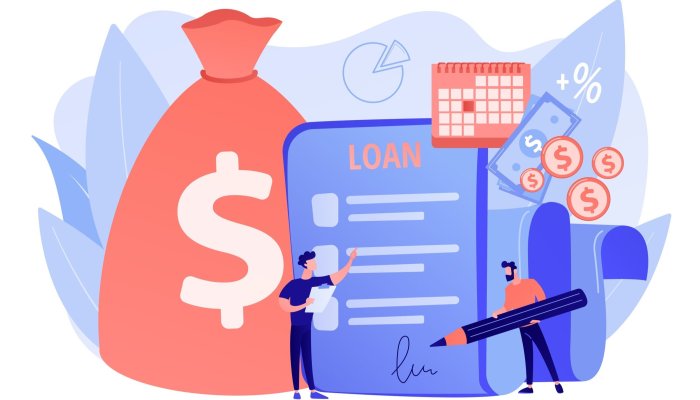How can you reduce your total loan cost fafsa quiz – Embark on a journey to minimize your student loan burden with our comprehensive FAFSA quiz. Dive into practical strategies to lower interest rates, shorten loan terms, make additional payments, consolidate loans, and explore loan forgiveness programs.
This guide empowers you with knowledge to navigate the complexities of student finance, enabling you to make informed decisions and reduce the overall cost of your education.
Lower Interest Rates

Lowering interest rates can significantly reduce the total cost of a loan. Interest rates determine the amount of money borrowed that you will pay in addition to the principal amount. By reducing the interest rate, you can lower the overall cost of the loan.
There are several methods to lower interest rates. One way is to negotiate with the lender. If you have a good credit score and a strong financial history, you may be able to qualify for a lower interest rate. Another option is to refinance your loan.
Refinancing involves taking out a new loan with a lower interest rate to pay off your existing loan. This can be a good option if interest rates have fallen since you originally took out the loan.
Refinancing loans with lower interest rates can provide several benefits. First, it can save you money on your monthly payments. Second, it can help you pay off your loan faster. Third, it can improve your credit score.
Shorten Loan Term

Shortening the loan term can also reduce the total cost of a loan. The loan term is the amount of time you have to repay the loan. By shortening the loan term, you will pay less interest over the life of the loan.
There are several strategies to shorten loan terms. One way is to make extra payments on your loan. Another option is to refinance your loan with a shorter term. You may also be able to shorten the loan term by consolidating your loans.
Shortening loan terms can have some potential drawbacks. First, it can increase your monthly payments. Second, it can make it more difficult to qualify for a loan.
Make Additional Payments

Making additional payments on your loan can help you reduce the total cost of the loan. When you make additional payments, you are reducing the amount of principal that is subject to interest. This can save you money on interest and help you pay off your loan faster.
There are different strategies for making additional payments. One option is to make a lump sum payment. Another option is to increase your monthly payments by a small amount. You can also make extra payments when you receive unexpected income, such as a bonus or tax refund.
Making additional payments can have a significant impact on your loan. For example, if you have a $10,000 loan with a 10% interest rate and a 10-year term, you would pay $1,638 in interest over the life of the loan.
If you make an extra payment of $100 per month, you would pay off the loan in 7 years and 9 months and save $862 in interest.
Consolidate Loans
Consolidating loans can also help you reduce the total cost of your loans. Loan consolidation involves combining multiple loans into a single loan. This can simplify your monthly payments and make it easier to manage your debt.
There are different types of loan consolidation options. One option is to consolidate your loans with a personal loan. Another option is to consolidate your loans with a balance transfer credit card. You may also be able to consolidate your loans through a government program.
Loan consolidation can provide several benefits. First, it can simplify your monthly payments. Second, it can help you get a lower interest rate. Third, it can improve your credit score.
Apply for Loan Forgiveness Programs
There are several loan forgiveness programs available to students. These programs can help you reduce or eliminate your student loan debt.
The eligibility requirements for loan forgiveness programs vary. Some programs are based on your income, while others are based on your profession. You can find more information about loan forgiveness programs on the Federal Student Aid website.
Loan forgiveness programs can provide several benefits. First, they can help you reduce or eliminate your student loan debt. Second, they can help you improve your financial situation. Third, they can help you achieve your career goals.
Question & Answer Hub: How Can You Reduce Your Total Loan Cost Fafsa Quiz
How does reducing interest rates lower the total loan cost?
Lower interest rates reduce the amount of interest accrued over the loan term, resulting in a smaller overall repayment amount.
What are the benefits of refinancing loans with lower interest rates?
Refinancing with lower interest rates can significantly reduce monthly payments, shorten the loan term, and save money on interest.
How can making additional payments reduce the total loan cost?
Additional payments applied to the principal balance reduce the amount of interest charged, leading to a faster payoff and lower overall cost.
What are the potential drawbacks of shortening loan terms?
Shorter loan terms may result in higher monthly payments, which can strain your budget and limit your financial flexibility.